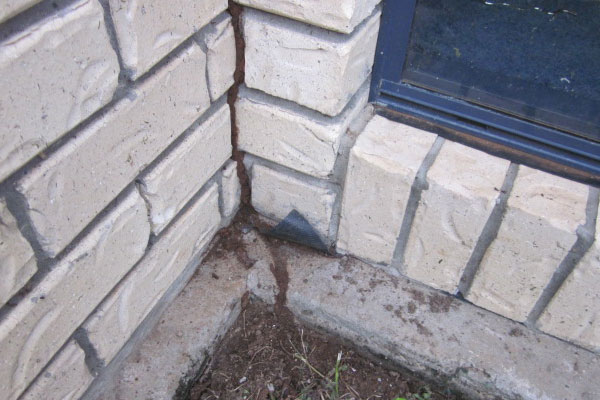0
You have 0 items in your cart
Number one in our termite prevention tips is that we recommend placing your Termicure Termite Bait Stations approximately every 3 metres around the entire perimeter of your home to effectively reduce the risk of termite attack.
To work out how many baits you’ll need, measure the perimeter of your home and divide by 3. This will give you the total amount of baits to buy to adequately protect your home and create and ideal termite management plan.
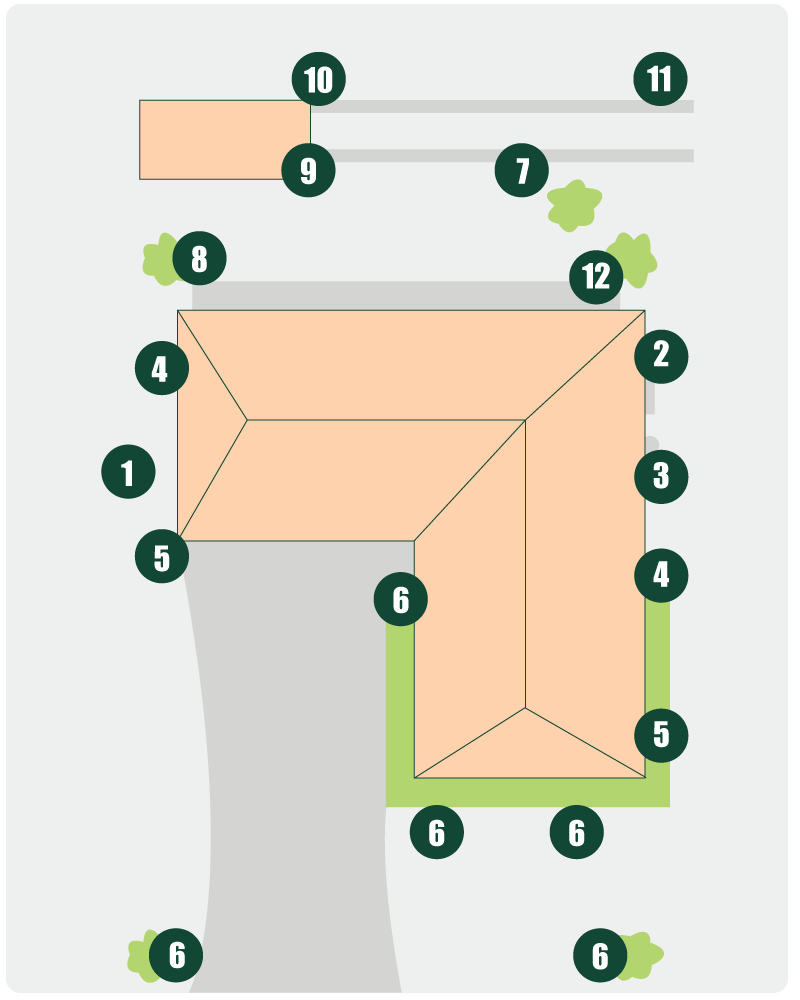
Sometimes, due to financial issues it simply is not possible for homeowners to install a full termite baiting protection system. In these instances, the protection of key areas is an option.
Our termite prevention tip: The installation of some protection is better than none, however we must stress that protection of an entire structure or group of structures is recommended where possible.
Key areas around your home may include:
You probably get on well with your neighbours but what if they were unaware they had a termite infestation, and those termites were marching into your property? Termites can and regularly travel hundreds of meters underground.
OUR TIP: Install a Termicure Termite Bait between you and your neighbours property.
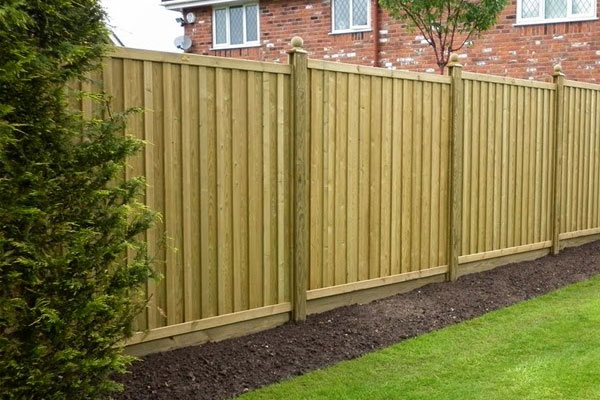
Check out your air-conditioning unit overflow pipe. Does this deposit against your home?
OUR TIP: We recommend extending the overflow line with some extra pipe or hose so the water runs into a drain or down pipe and away from your home and install a Termicure Termite Bait close by.. (This would cost around $3-$5 and would take less than 5 minutes to attach).
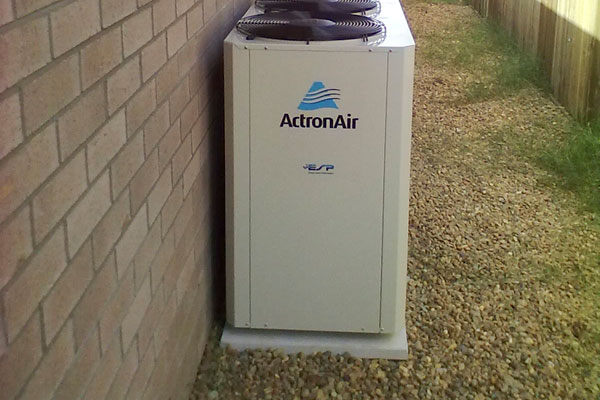
The humble hot water system is responsible for creating ideal moist conditions suitable for termite attack. The overflow line often runs directly onto the ground adjacent to the unit.
OUR TIP: We recommend extending the overflow line using a piece of hose or flexible pipe allowing the excessive water to run into a drain or down pipe and away from your home and install a Termicure Termite Bait close by.
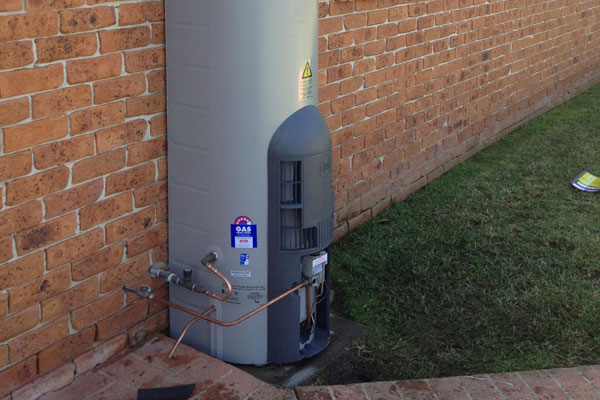
Broken downpipes, or even faulty internal plumbing can attract termites.
OUR TIP: Have all plumbing inspected for leaks and faulty fittings and install a Termicure Termite Bait close by.
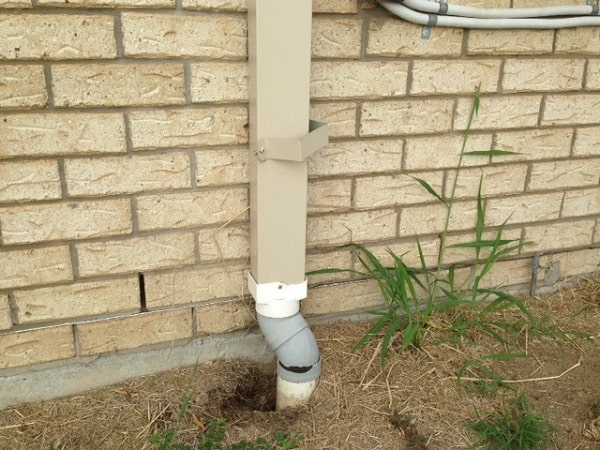
A drip now and then, can turn into a major termite infestation if neglected.
OUR TIP: Replace washers or external tap fittings to keep your taps from leaking and install a Termicure Termite Bait close by. This will also help you to conserve water, saving you money!
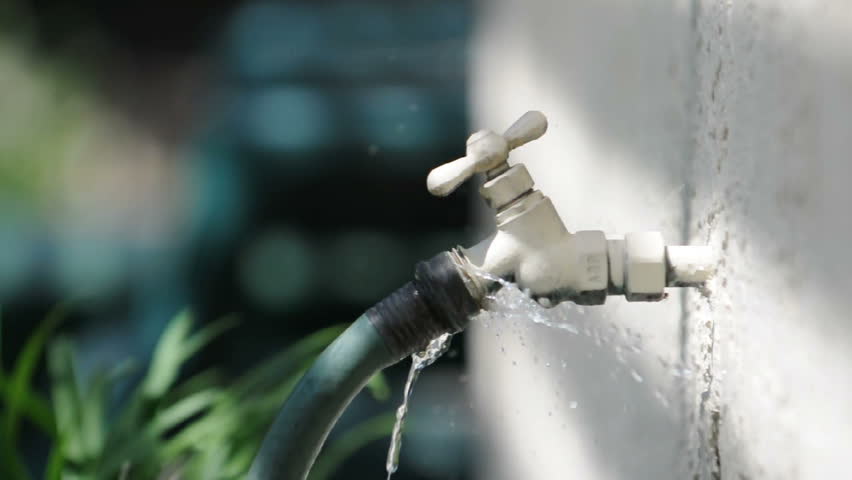
Garden beds against your home are a classic. They look great but can create enough cover to assist the undetected entry of termites into your home. A Termicure Termite Bait in this area will help to defeat a hungry termite colony.
OUR TIP: Plan your garden away from your home, or if you must, use plants which will not obstruct your view of the building, nor grow to contact the structure and install a Termicure Termite Bait close by.
Virtually every timber retaining wall will be infested with termites at some point. They almost always necessitate termite solutions
OUR TIP: It’s not always a viable option, but when replacing timber retaining walls, always try to use masonry materials, or at least products which are not susceptible to termite attack and install a Termicure Termite Bait close by.
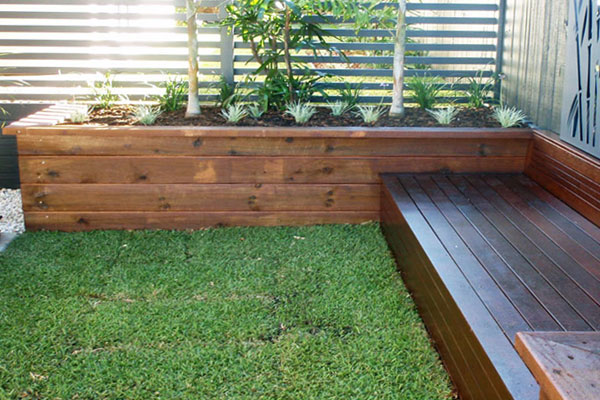
Tree stumps are one of THE major harbourage areas for significant termite breeding and nesting. Many tree stumps will house central nests which will go undetected until extensive activity is located within the area, and even then, it may not be detected, being below the surface of the ground.
OUR TIP: Remove all tree stumps.
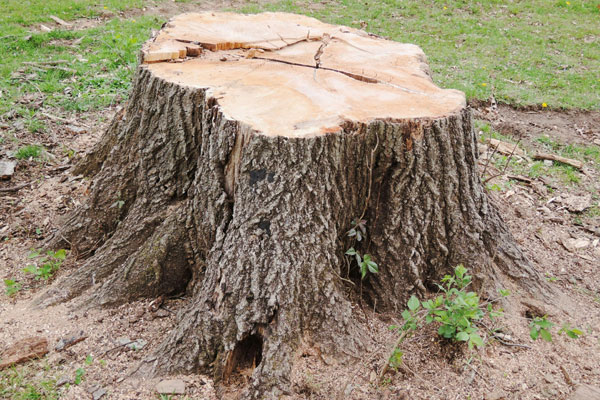
Often, the back shed is used to store timber items, cardboard or paper based products, which can fall victim to termites either tracking into the shed through flooring materials, or over the slab edge.
OUR TIP: Lift all stored items off the ground with the use of simple props such as bricks or pavers. Termites can still get into stored items, although this just makes it that much more difficult.
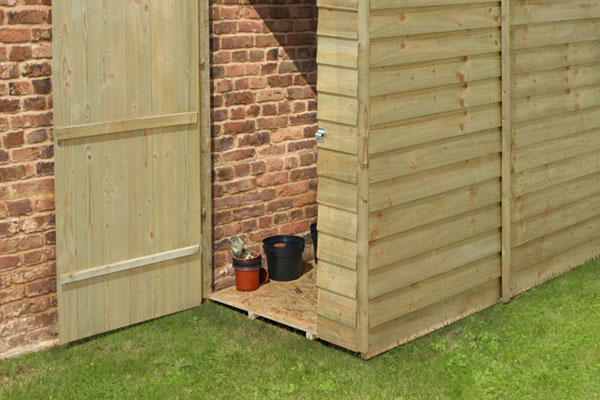
That pile of firewood, or spare timber building materials you have stored about the place are also items often attacked by termites.
OUR TIP: Create some ground clearance to prevent timber and ground contact, or remove it altogether.
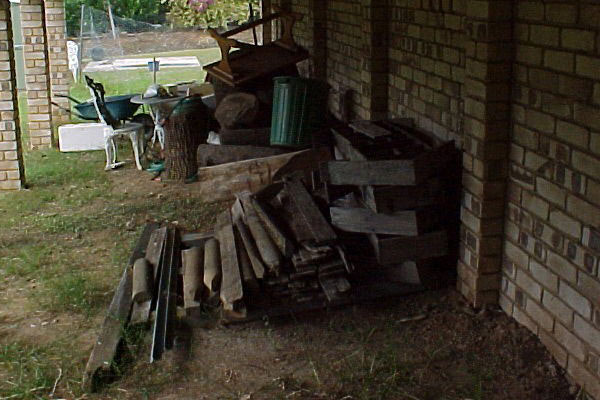
A damaged fence post is often the first warning that termites are on your property. Often, with timber fencing, palings will be treated pine, and the posts and rails will be hardwood, and due to the density of hardwood, treatment products are not easily absorbed to protect the timbers and this is part of the reason that your fenceposts will be attacked by termites, often before other treated timber items.
OUR TIP: Keep debris away from fence posts and regularly check for termite damage and install a Termicure Termite Bait close by to create termite solutions.
Many homes are built on concrete foundations, however keeping the perimeter of the building free of obstruction is not always possible, depending on construction methods and other external factors.
OUR TIP: Installing Termicure Termite Baiting Stations about the perimeter of your home, will assist in detection of an active termite colony, before destruction of your home begins!
